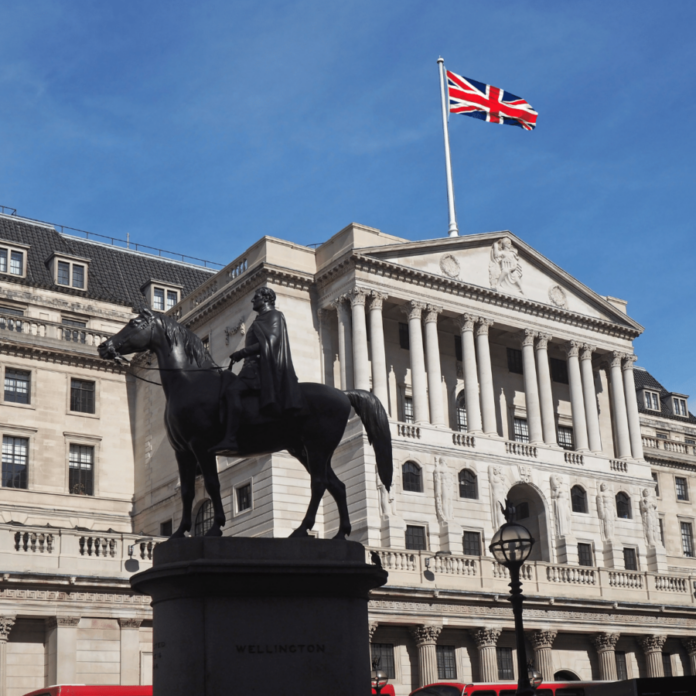India and Britain are expected to seal a long-awaited free trade deal next week, two Indian government sources said, granting Indian textiles and electric vehicles some duty-free access to the UK market and easing British exports of whisky, cars and food.
In May, both countries announced the conclusion of trade negotiations after three years of stop-start negotiations, aiming to increase bilateral trade, remove trade barriers and allow duty-free entry of goods.
The Reuters Tariff Watch newsletter is your daily guide to the latest global trade and tariff news. Sign up here.
The countries are now preparing to formally sign the agreement, and the announcement could coincide with Indian Prime Minister Narendra Modi’s expected visit to London next week, one of the Indian officials said.
The trade pact will take effect in about a year, after it is approved by the British parliament and India’s federal cabinet, the official added.
Officials spoke on the condition of anonymity as the details are not public.
“The trade agreement offers a win-win for both countries,” the second Indian source said, adding that Indian consumers would gain access to Scotch whisky at lower prices, as import tariffs will drop to 75% from 150% immediately, and further to 40% over the next decade.
On cars, India will cut duties to 10% from 100% under a quota system that will be gradually liberalised, the sources said. In return, Indian manufacturers are expected to gain access to the UK market for electric and hybrid vehicles, also under a quota regime, they added.
India’s commerce ministry did not immediately respond to an emailed request for comment. Britain’s trade ministry said that the countries were working to finalise the deal.
“We have been working with India on a landmark trade deal that will deliver for British people and business,” a UK government spokesperson said.
India’s trade ministry has said 99% of Indian exports to Britain would benefit from zero duty under the deal, including textiles, while Britain will see reductions on 90% of its tariff lines.
An Indian trade delegation is separately holding talks in Washington, for a potential trade deal with the U.S. as President Donald Trump ramps up his trade war with the threat of sharply higher tariffs from August 1.
By 2030, India’s middle class is projected to reach 60 million people and could rise to a quarter of a billion by 2050, according to British government estimates. India’s overall import demand is forecast to grow by 144% in real terms to 1.4 trillion pounds ($1.88 trillion) by 2035, compared to 2021.




